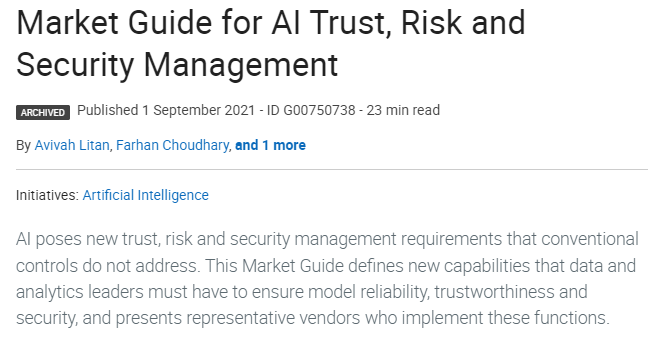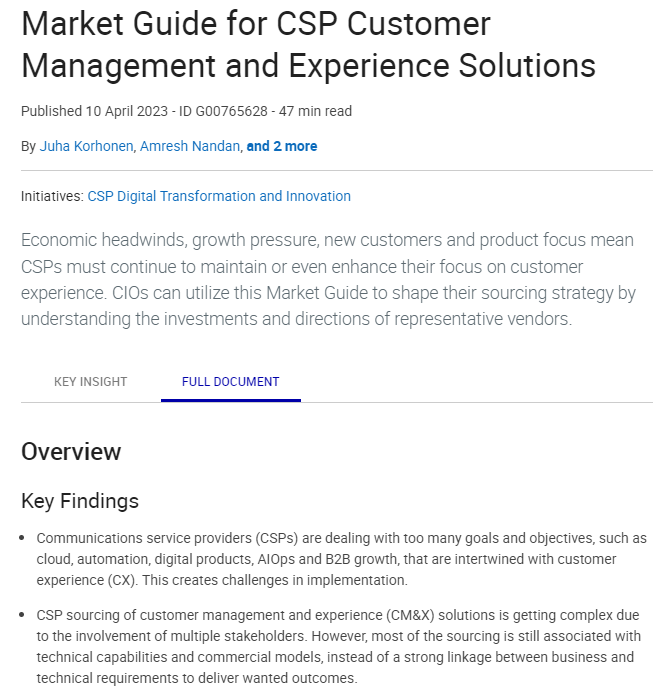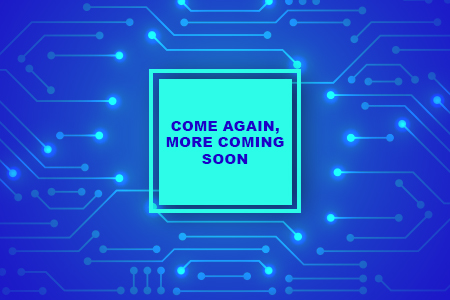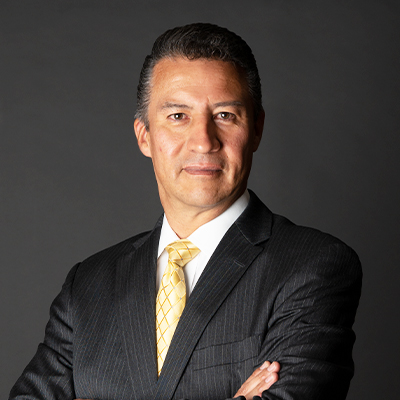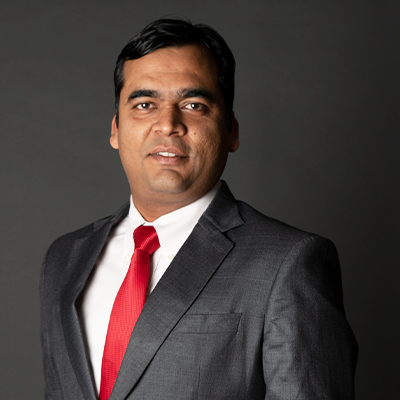How to Build a Deeper Level of Employee Engagement
How to Build a Deeper Level of Employee Engagement
For a decade, we've been talking about the wave of millennials that are about to flood the workforce. We worried and fretted about the demands of this new generation. Today, millennials make up a massive part of our workforce, and unfortunately, they also contribute to the higher turnover rates. They are described as tech-obsessed, self-centred, and job-hopping generation. However, if we debunk some of these misconceptions and dive deep in search of factual evidence, it turns out that millennials are highly committed to their work, exactly like their more senior colleagues.
One of the most vital millennial traits is expecting detailed, regular feedback and praise for a job well done. They value exciting careers and a good work-life balance. They want to learn and grow at the pace of the technology around them. As the skills they learn become obsolete every year, they seek continuous skills development and explore meaningful growth opportunities at work. They like to feel supported and appreciated by their leaders and want to be heard very often.
Most common mistakes that cause low employee engagement
The most common mistake that we make as people managers is to consider irregular random conversations with our employees as employee engagement. It's essential to communicate with our employees more often and preferably over video conference or face-face meetings than text messages to engage in more friendly conversations and to convey thoughts more effectively. Managers who regularly interact with each team member develop them over time by seeking and providing continuous feedback, keeping track of their career aspirations, and aligning them with growth opportunities within the organization. Managers who really "get through" to their people are the ones who are intentional about the mental and emotional connection in every interaction.
No one would want to talk to a stranger about their problems, and a manager who asks only for status updates might as well be one. It takes some level of trust to ask questions confidently, share new ideas/thoughts, raise issues before they're on fire, or bring up non-work matters that affect their work. They will feel comfortable approaching their manager with issues only if there is rapport and trust in their relationship. Managers who understand the value and balance of camaraderie can have more candid conversations with team members, fix problems when they're smaller, get the team closer together and have better relationships with their teams.
Stay curious
The remote working model has made it challenging for managers to develop better relationships with their teams. When it comes to relationships, there are no quick fixes. Research suggests that being curious is a social glue that strengthens our relationships. Especially in our one-ones, when we show curiosity and ask questions about the person, people disclose more and share more, and they return the favor, asking questions to learn more about us. It fosters intimacy through a spiral of give and takes. To achieve greater success and a more sustained impact as leaders, we must shift from 'giving advice' to 'becoming more curious' in every interaction. Curiosity, or the ability to place our attention and interest on the other person even when we have the urge to command them around our goals, creates the pivotal shift from a mentally distant interaction to a meaningfully connected conversation.
Greater autonomy at work
Millennials usually look for more decentralized environments where they can decide how work gets done. They will be more energized and productive if they have greater autonomy at work. It is about allowing them to work the way that gets the best out of them. Empower employees to be self-starters, give them stewardship over their work and the work environment, and support them instead of exerting control. Breathing down someone's neck doesn't help them learn from their mistakes. In fact, they might end up making more mistakes out of fear, stress, or frustration. No one is perfect, and the only way our people improve and perform better is by learning from their mistakes — but how we handle those mistakes as people managers determine if that person becomes fearful and stressed at work or learns from those mistakes. Instead of reacting angrily, talk through the problem to analyze the gaps, lessons learned, and how these mistakes can be prevented in the future. This can turn a demotivating situation into a learning experience. An autonomous and positive work environment is built upon trust, respect for peers, integrity, and a culture of accountability — not one of fear. When employees feel trusted and are given ownership, they're more likely to perform top-notch work.
While millennials crave expanded notions of autonomy, organizations need a mechanism for alignment to extend it. Purpose is the single most powerful tool that aligns the organization. Employees need ongoing purpose and development, not biannual perks, to achieve more in the organization. By clearly articulating and embedding the organizational purpose and the principles that uphold it, employees will be empowered with guardrails to make decisions at any level. This will enable them to unleash their full potential and be able to benefit from greater creativity, productivity, and commitment. Regular team meetings and one-one conversations with the manager will help them understand organizational goals and expectations. In an ideal world, millennials would like to see their manager as a mentor coach who supports them in their personal development – but also generally prefer to learn by doing rather than by being told what to do.
With many generations working side by side in today's workplace, leaders are confronted as never before with a growing generation gap, dynamic work environment, shifting expectations, and the constant need to stay on the cutting 'digital' edge. If there ever was a time when deep engagement with colleagues was necessary and yet more challenging, it's now. With hybrid and flexible working keeping teams apart, we must resist our need for control and make ourselves more curious if we want to be effective. We must invest in knowing our team and seeking their thoughts, insights, and perspectives! We must believe in winning together!
ABOUT THE AUTHOR

Surya S Sivaram
Global Head - HRBP
HR professional with expertise in Business Partnering, Talent Development, Talent Management and Talent Acquisition, currently leading the global HRBP org at Tecnotree.

